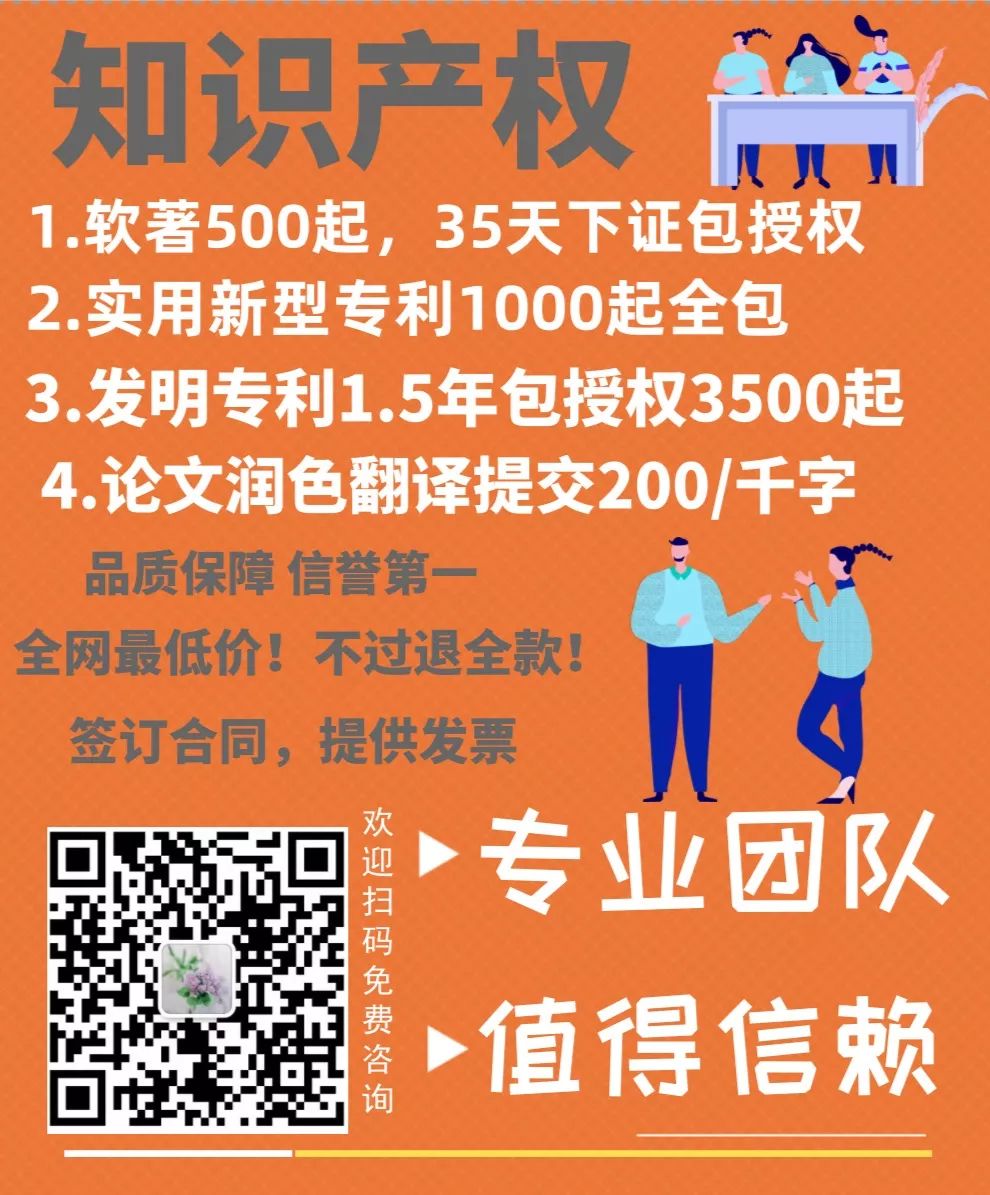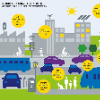管理学 | SCI期刊专刊信息3条
管理学
Transportation Research Part A: Policy and Practice
Call for papers for the special issue: Travel demand management (TDM) in smart cities
全文截稿: 2019-10-30
影响因子: 3.026
中科院JCR分区:
• 大类 : 工程技术 - 3区
• 小类 : 运输科技 - 3区
网址: https://www.journals.elsevier.com/transportation-research-part-a-policy-and-practice
Over the last few decades, the mechanism underpinning the supply of transportation systems has undergone significant transformations. New vehicle technologies (e.g., electric vehicles, self-driving vehicles), alternative fuel types (e.g., electricity, biofuels), emerging service models (e.g., car/bike sharing schemes, MaaS) and innovative mobility concepts (e.g., urban air mobility) constitute the primary sources of ongoing and future changes in the mobility patterns of urban settings. Even though the advancements on the supply side of the urban transportation networks have been delineated to some extent, their implications on the travel demand management are still uncertain. The rise of advanced big data techniques constitutes an excellent opportunity, not only for the sustainable deployment of the emerging technologies, but also for resolving the management uncertainties arising from new nuances of travel demand. In this context, the coupling of big data analytics and emerging transportation systems is anticipated to generate new opportunities and challenges towards the enhancement of “smart” operations in urban settings.
The integration of disparate, present and future transportation systems may constitute a key barrier on the establishment of system-wide travel management policies with “smart” capabilities. The aim of this special issue is to foster understanding and reflections on how the interaction and integration of existing and emerging transportation systems affect travel demand management in “smart” cities. The special issue invites original contributions on big data analytics, analytical approaches and policy case studies for travel demand management, with special focus on urban settings. Potential topics may include, but are not limited to:
New concepts, strategies and policies on TDM for smart cities.
Big data applications in TDM for smart cities.
Implications of emerging technologies on TDM.
Implications of innovative mobility models on TDM.
Integration of new mobility services with public transport systems.
TDM for integrated public transport systems.
Public perceptions of emerging technologies and impact on TDM.
Performance measurement and assessment of innovative mobility models.
管理学
Transportation Research Part E: Logistics and Transportation Review
Call for papers for the special issue:“Emerging Digitalization Technologies in Freight Transport and Logistics”
全文截稿: 2019-12-30
影响因子: 3.289
中科院JCR分区:
• 大类 : 工程技术 - 2区
• 小类 : 工程:土木 - 2区
• 小类 : 运筹学与管理科学 - 2区
• 小类 : 运输科技 - 3区
网址: https://www.journals.elsevier.com/transportation-research-part-e-logistics-and-transportation-review
Freight transport and logistics is experiencing a new wave of digitalization. Digitalization refers to the use of digital technologies to support the existing and innovative provisions and management of freight transport. It often involves significant changes at 1) within organisations (e.g. change in business models and processes), 2) between organisations (e.g. governance, relational, technical and process configurations), and 3) at the level of ecosystem and industry (e.g. disruptions to the status quo and emergence of new product/service providers). Technological advances are developing at an unprecedented rate and are transforming and disrupting the status quo of the sector. These waves of technological innovation have disrupted or will disrupt a number of industries. Some broader socio-economic initiative that affect transport technology include concepts of crowdsourcing, smart cities, the sharing economy, and Industry 4.0. The transportation technological innovation litany lengthens.
Cloud computing allows an on-demand model to be deployed instilling agility and cost advantages to organisations, while artificial intelligence powers important applications of robotics and autonomous vehicles (AVs), computer vision, virtual agents and machine learning. Blockchain, also known as distributed ledger technology, is an industrial and social game changer for its potential impact supply-chain structures, relationship configurations and cash flows (Saberi et al., 2018; Wang et al., 2018). Pervasive computing affords smart objects and the internet of things (IoTs) to be embedded in transport networks. It supports various practical, sector-specific activities, such as digital rail, smart motorways and smart port programmes. An array of social technologies such as enterprise social media have penetrated into organisations that facilitates project management, collective problem solving and corporate communication (Leonardi et al 2013).
Meanwhile broader technological development umbrellas such as industry 4.0 and structural changes (e.g. offshoring and reshoring, distributed manufacturing) that are taking place in manufacturing will largely influence how freight operates. Both manufacturing and freight are integral parts of supply chains. Therefore, any digitalization efforts in manufacturing will directly impact freight and should be investigated carefully.
Freight transport and logistics digitalization can influence many levels. It has great potential to contribute to organizational competitive advantage (Gunasekaran et al 2017). Digitalization can enhance transport sustainability with respect to physical, environmental, economic and social dimensions. Technological advances also enable seamless mobility between different transport mode and a more integrated global freight transport ecosystem (Harris, et al 2015). New industry business models may be required in this new environment (Kamargianni and Matyas, 2017). Community redesign and the implication of smart cities and transport planning will also be influenced (Wang et al., 2016).
Yet, given all these forces and revolutionary technological advances, our scholarly and academic understanding of these disruptive emerging technologies remains fragmented and limited. The negative epistemic consequences resulting from the contemporary landscape of these digitalizations technologies is also not well established. This special issue focuses on contemporary research that seeks to explore the application and impact of emergent digitalization technologies on the theory and practice of freight transport and logistics.
Topics of interest include, but are not limited to, the following:
Diffusion of digitalization technologies across various freight transport and logistics industries
Theoretical developments and rethinking theory in this emergent digitalization environment using formal analytical modelling
Advancing analytical modelling and decision making for the planning, integration, adoption, and maintenance of emergent technologies
Systems and adaptive model requirements in the integration of transportation technological systems; their interaction and standalone capabilities and limitations
The social, environmental, and economic implications of digitalization technologies on industry, community and regulatory policy for freight transportation
Entrepreneurial activities in freight transport and logistics and how industry business models may change
Operations and supply chain modelling for emergent digitalization of freight transport and logistics
Technological forecasting and outcomes including potential roadmaps based on theoretical, historical, and scenario planning for freight transportation and logistics
Competitive and game theoretic modelling aspects of emergent digitalization of freight transport and logistics
Big data, predictive analytics and decision making in freight and logistics optimisation
Data driven business models and concepts
Intelligent freight transport concepts (e.g. digital rail, smart motorways and smart port) and their implications
Applications of artificial intelligence such as robotics and truck platooning, machine learning and virtual agents in freight transport and their disruptive effect
Immersive technologies (such as augmented, mixed or virtual reality), simulation and behavioural change
The emergence of distributed ledger technology/blockchain technology and its value creation in logistics and freight transport e.g. smart contract, product provenance, asset management and disintermediation
Effects of social media networks and social commerce on freight transport and logistics
Industry 4.0, IoTs and digital twin and related structural, process and relational changes imposed
Intersection between various digital technologies and their integrative impact on future of mobility
Applications of new technologies in freight urbanisation, cross-border integration, multimodality and sharing economy
管理学
Transportation Research Part E: Logistics and Transportation Review
Call for papers for the Special issue: Smart Supply Chains and Intelligent Logistics Services
全文截稿: 2019-12-31
影响因子: 3.289
中科院JCR分区:
• 大类 : 工程技术 - 2区
• 小类 : 工程:土木 - 2区
• 小类 : 运筹学与管理科学 - 2区
• 小类 : 运输科技 - 3区
网址: https://www.journals.elsevier.com/transportation-research-part-e-logistics-and-transportation-review
The rapid development of technologies such as big data, cloud computing, Internet of Things (IoT), blockchain, and artificial intelligence have led to supply chain innovation, andsmart supply chains(SSCs)emerge. The SSC is an organizational form that relies on the internet and big data, aims to enhance customer value, and realizes efficient coordination of product design, procurement, production, sales and service through collaborative sharing, innovation mode and advanced technology. Besides SSCs, theintelligent logistics services(ILSs)also have been widely used in global enterprises, which emphasize on the integration of the IoT, the sensor network and the Internet.
In recent years, the emergence ofSSCsandILSshas changed the way supply chain operates. Not only large manufacturing companies but also many platform companies, such as Amazon, Alibaba, Cainiao Logistics, JD Logistics, are vigorously promoting the construction of SSCs and ILSs. Compared to the traditional supply chain and logistics systems, theSSCs andILSsneed a comprehensive application of technologies. These characteristics make the management process more complicated and deserve deeper explorations. This SI on“Smart Supply Chainsand Intelligent Logistics Services”focuses on the theories and applications of SSCs and ILSs. The SI accepts scientific research based on various methods, such as optimization models, algorithms, quantitative case analysis and second-hand public data analysis. This SI will contribute to the expanding literature in SSCs and ILSs, and provides academics and the operations managers with a better understanding these important areas.
This SI will cover the following topics:
Operations mechanisms of smart supply chains and intelligent logistics services
Transformations from traditional supply chains to smart supply chains
Systems development from traditional logistics services to intelligent logistics services
Technological innovation mode of smart supply chains and intelligent logistics services
Research on related technologies supporting smart supply chains and intelligent logistics services
Typical applications and multi-case quantitative analyses of smart supply chains and intelligent logistics services
Smart supply chains and intelligent logistics services from platform perspectives
Sustainable development of smart supply chains and intelligent logistics services
Smart supply chain and intelligent logistics service management considering social/ environmental benefits
Sustainable operations methods of smart supply chain platforms with mobile devices
Policy research to promote the development of smart supply chains and intelligent logistics services
Data driven research on operations and supply chain management
Application of artificial intelligence and block chain technology in logistics and supply chain management
广告
登录查看更多
相关内容
Arxiv
12+阅读 · 2020年6月10日
A Survey of Reinforcement Learning Techniques: Strategies, Recent Development, and Future Directions
Arxiv
80+阅读 · 2020年1月19日
Arxiv
16+阅读 · 2020年1月2日




